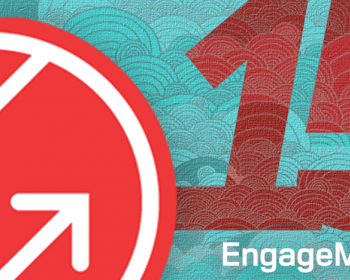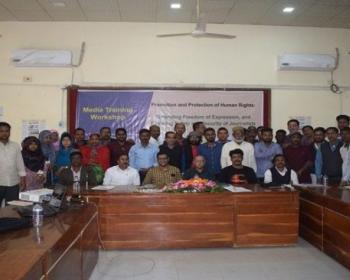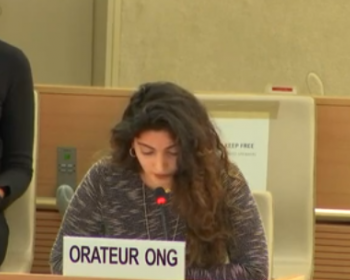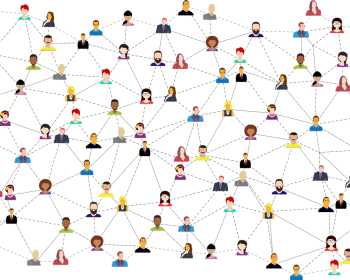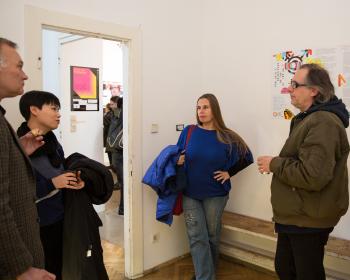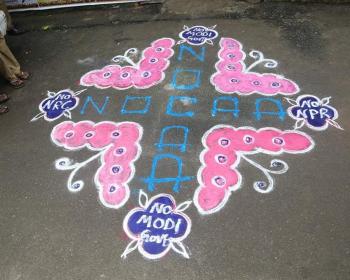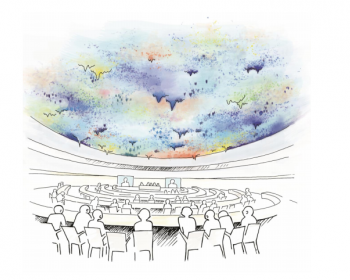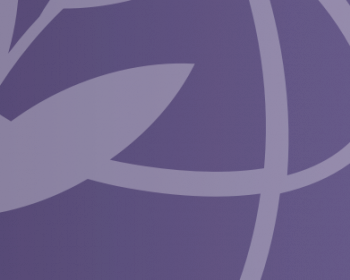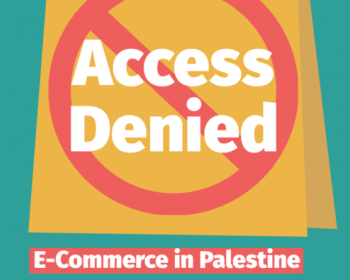Freedom of expression
Fifteen years ago, two youngsters met in a small house in Melbourne with the idea to build an online space for social issue documentaries from the Asia-Pacific. Today, the idea may seem a little banal. But the internet is no longer the free and open space it once was.
In the face of a rising number of attacks on journalists in Bangladesh, Voices for Interactive Choice and Empowerment (VOICE), an APC member organisation, hosted a day-long media training workshop to discuss the challenges faced by journalists and explore solutions for this growing problem.
APC and the Myanmar ICT for Development Organization thank the Special Rapporteur for her report on the situation of human rights in Myanmar, particularly for highlighting how ICTs are being leveraged to perpetuate violations against religious minorities such as the Rohingya.
APC's statement presented at the stakeholder meeting with the Human Rights Committee on the Revised Draft General Comment No. 37 on Article 21 (Right of Peaceful Assembly) of the International Covenant on Civil and Political Rights (ICCPR) on 9 March 2020.
The exhibition, launched in January 2020, critically investigated the online world from a feminist point of view. APCNews spoke with its curators to gain more insight on the event and to understand the part that the Feminist Principles of the Internet played in this unique display.
In this statement delivered during the 43rd session of the UN Human Rights Council, APC speaks to the deteriorating political situation in India and the increase in violence following the enactment of the Citizenship Amendment Act.
Since December 2019, peaceful protests have erupted throughout India in response to the adoption of the controversial Citizenship Amendment Act. In response, India has witnessed large-scale violence against dissenters and a clampdown on freedoms of religion, expression, assembly and association.
APC’s priorities at this HRC session include gender and privacy online, freedom of religion or belief, and the criminalisation of human rights defenders, journalists and digital security and tech expertise, as well as highlighting violations of internet rights in countries like India and Myanmar.
In response to the Global Internet Forum to Counter Terrorism (GIFCT) call for expressions of interest to join its Independent Advisory Committee (IAC), APC and other NGOs expressed their concerns about the IAC specifically, and the growing role of GIFCT more broadly in regulating content online.
New research about Palestinian access to e-commerce highlights how occupation, failure to fulfill the Oslo Accords and digital discrimination have stunted the development of the Palestinian economy and created challenges for Palestinian buyers, sellers and workers online.

Association for Progressive Communications (APC) 2022
Unless otherwise stated, content on the APC website is licensed under Creative Commons Attribution 4.0 International (CC BY 4.0)



